Digital transformation is the process in which businesses utilise technology to enhance their operations across various departments. Crowdsourcing, a valuable component of this transformation, allows companies to leverage input and contributions from a large group of people. Here are five well-known global companies that are great examples of successfully utilising crowdsourcing in their digital transformation journey through co-creation and collaboration.
Starbucks
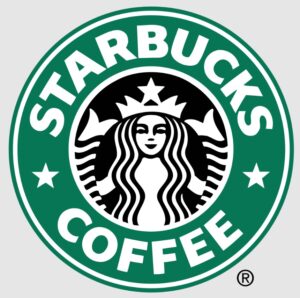 Starbucks has continuously implemented digital transformation in its foodservice operations by leveraging crowdsourcing for innovative ideas and customer engagement.
Starbucks has continuously implemented digital transformation in its foodservice operations by leveraging crowdsourcing for innovative ideas and customer engagement.
By the end of 2007, there were more than 15,000 Starbucks stores around the world. The size of the business threatened a disconnect between the business and its customers, risking the loss of a sense of closeness.
Digital transformation examples often include “My Starbucks Idea,” which was launched in 2008. Without any social media support, it was left to customers to organically interact with the initiative. Customers could vote on other people’s ideas, and several customer suggestions became products or menu items when the company saw their early levels of popularity. It also flattered customers, and increased engagement levels, to give them a sense of contributing to the business and influencing the spaces they liked to visit (such as asking for free in-store wi-fi). Starbucks gave feedback on some of the suggestions, providing real reasons why some of them could not be implemented (such as a lack of in-store freezers prevented the availability of coffee ice cubes).
The initiative was eventually closed down in 2017 after nearly a decade of collecting customer suggestions and feedback when the company shifted its focus towards other digital and social media channels to engage with customers.
Starbucks continues to innovate and gather customer feedback through its mobile app, social media platforms, and other digital initiatives after the closure of “My Starbucks Idea.”
Unilever
The company has integrated crowdsourcing into its business strategy as part of its digital transformation efforts to enhance innovation and collaboration, notably though launching the Unilever Foundry in 2014. It was a crowdsourcing platform designed to connect with startups and entrepreneurs worldwide for discovering innovative solutions across various aspects of its business, including digital marketing, product development, and sustainability.
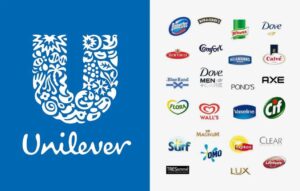 By 2020, Unilever wound down the Foundry as a centralised platform and shifted its focus towards more localised and direct collaborations between its brands and new business startups. These include brand-specific innovation initiatives and participation in industry-specific accelerator programs.
By 2020, Unilever wound down the Foundry as a centralised platform and shifted its focus towards more localised and direct collaborations between its brands and new business startups. These include brand-specific innovation initiatives and participation in industry-specific accelerator programs.
In September 2021 Unilever launched the Positive Beauty Growth Platform – an initiative which aimed to partner with scaleups and startups to drive innovation and brand growth. Through a series of pitch competitions and entrepreneurial challenges, the company invited the very best scaleups and startups from around the world to collaborate on projects at the forefront of innovation and technology in the beauty industry.
Rather than develop and launch new products, the purpose of the collaborative co-creation programme was to develop new, sustainable ingredients and formulations; create more eco-friendly packaging solutions; improve product efficacy while reducing environmental impact; and enhance inclusivity and diversity in the beauty industry.
Coming right up-to-date, TRANSFORM is an impact accelerator in Kenya that is backed by Unilever, the British High Commission, and EY. Five startup businesses out of 1,500 applicants have just received financial backing.
IKEA
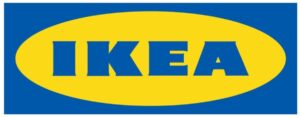 IKEA has a track record of crowdsourced co-creation and collaboration on its pathway of digital transformation.
IKEA has a track record of crowdsourced co-creation and collaboration on its pathway of digital transformation.
From 2102 to 2014, IKEA’s “Co-Create IKEA” digital platform used crowdsourcing to collect ideas from customers and collaborate with university students for product solutions as part of their digital transformation journey.
In 2017, IKEA bought the microtask platform TaskRabbit. This provided their customers with a locally crowdsourced workforce of handymen to assemble their pre-pack purchases.
Also in 2017, IKEA selected ten startup partners to co-create with on a new product development programme.
Today, after a culture-change sparked by tech-oriented leadership from 2018 to 2022, 80% of all IKEA’s customer journeys start online. Customers can create new interiors and go to the store where VR and AR applications allow them to visualise how a certain set of items looks in their home. IKEA certainly deserves a place among digital transformation examples using crowdsourcing.
Renault
Governments are legislating to end sales of new petrol-driven cars, consumers expect to see manufacturers recycling materials and improving sustainability, technology is advancing design and construction, and drivers’ data could be worth more than profits from building cars. It’s a lot for an internal team to handle, and the French automotive manufacturer Renault has integrated crowdsourcing into its digital transformation strategy to gather ideas and feedback from customers. This enables them to co-create and innovate in the development of new vehicles and services as part of a full digital transformation.
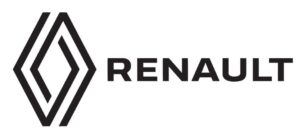 Renault has engaged in co-creation projects where it invites customers and the broader community to participate in the design process of new vehicles. As an example of digital transformation using crowdsourcing, the Renault Kwid was partly developed through insights gathered from potential customers in emerging markets like India, where Renault sought input on design features and preferences. This approach ensured that the vehicle met the specific needs of the target market.
Renault has engaged in co-creation projects where it invites customers and the broader community to participate in the design process of new vehicles. As an example of digital transformation using crowdsourcing, the Renault Kwid was partly developed through insights gathered from potential customers in emerging markets like India, where Renault sought input on design features and preferences. This approach ensured that the vehicle met the specific needs of the target market.
Renault has also worked on concept cars by involving the public in brainstorming sessions and design challenges. These crowdsourced ideas help Renault explore new design directions and incorporate innovative features that resonate with consumers.
At a business level of crowdsourcing, Renault has partnered with the Nissan Motor Corporation and Mitsubishi Motors Corporation to create Alliance Ventures. This strategic venture capital arm invests in relevant startups that are at the pioneering cutting-edge of topics such as electric vehicles and autonomous driving. Their investments give them first access to new technology that addresses consumer requirements in vehicle performance, passenger comfort and planet welfare.
Lufthansa
 The German airline company Lufthansa has incorporated crowdsourcing as a part of its digital transformation journey in areas such as customer experience enhancement, service innovation, and operational efficiency. Regular surveys and a continuous dialogue with passengers help the group learn as much as possible about customer needs and to include them in the development of innovative offers. By engaging a wider community, Lufthansa has been able to gather valuable insights and ideas to drive their digital initiatives and maintain a focus on customer orientation and quality of service.
The German airline company Lufthansa has incorporated crowdsourcing as a part of its digital transformation journey in areas such as customer experience enhancement, service innovation, and operational efficiency. Regular surveys and a continuous dialogue with passengers help the group learn as much as possible about customer needs and to include them in the development of innovative offers. By engaging a wider community, Lufthansa has been able to gather valuable insights and ideas to drive their digital initiatives and maintain a focus on customer orientation and quality of service.
The airline has a target to be net carbon neutral by 2050. It is continuously investing in research and implementation of sustainable aviation fuels, and is crowdsourcing input through having established a Cleantech Hub platform. The platform is driving numerous projects striving for sustainable aviation fuel.
Key takeaway
These digital transformation examples demonstrate how major companies have incorporated crowdsourcing into their strategies, showcasing the benefits of engaging a broader community to drive innovation and growth through opening the doors to co-creation and collaboration.
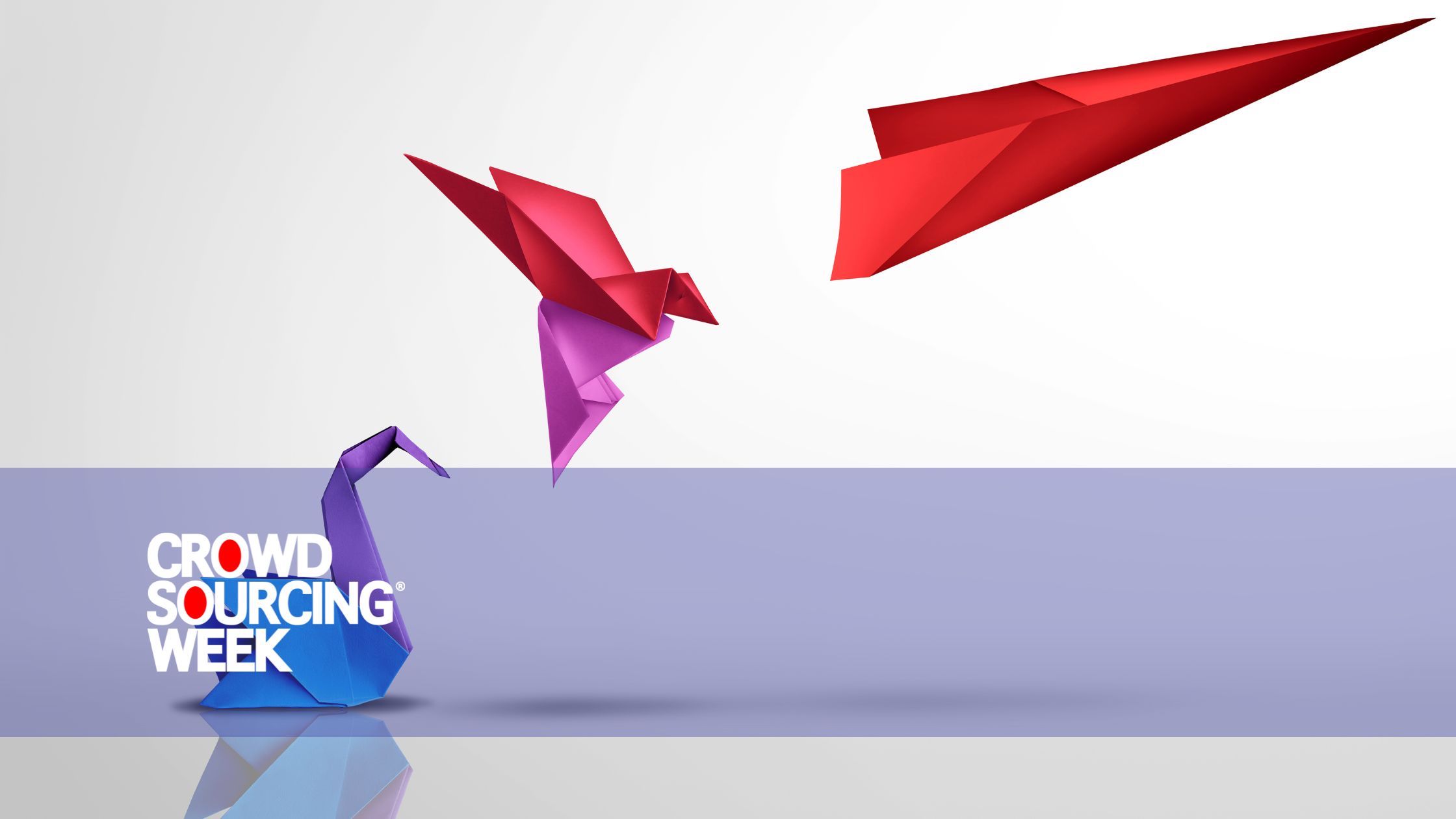



0 Comments